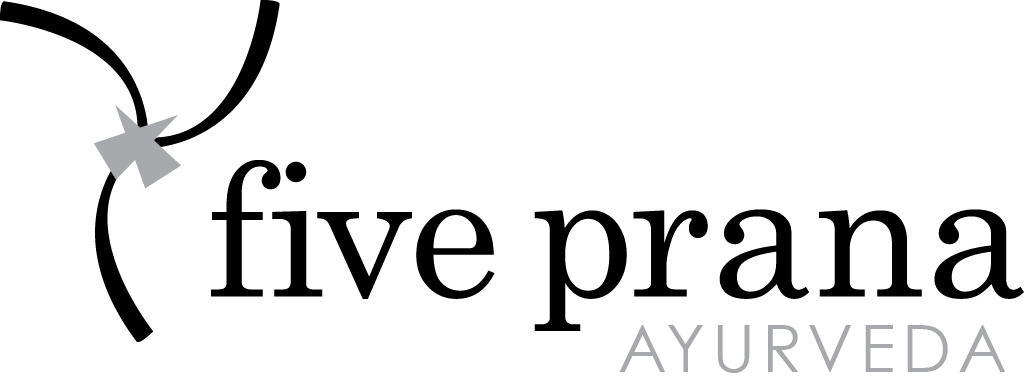Vata Dosha: An Explanation
/The Three Dosha & Prakruti
Last week, we discussed the various Dosha Types in Ayurveda. Today we are going to discuss Vata Dosha. There are three dosha types in Ayurveda: Vata, Pitta and Kapha. The dosha are the primary life forces in the body and each person has their own unique combination of the three dosha in their physical and psychological makeup. When you see an Ayurvedic professional for an Ayurvedic Consultation, they will help you discover your prakruti or your specific makeup of the three dosha of Vata, Pitta and Kapha.
Vata Dosha
Vata dosha is the dosha of movement. Vata comes from the Sanskrit root word meaning “to move.” Vata controls all the movement in our body and in our minds. Vata is controlled by the elements of air and ether/space. Vata dosha is balanced by sweet, salty and sour tastes and aggravated by pungent, bitter and astringent tastes. Vata exhibits the qualities of dry, light, cold, rough, subtle, mobile and clear. These qualities determine the characteristics of Vata Dosha and a Vata individual. The primary Vata location is the colon which is why Vata has a tendency toward constipation. Vata will also commonly experience imbalances in their secondary locations of the pelvis, thighs, ears, bones, skin, head, throat, and diaphragm. Vata controls the function of all physical movement as well as the movement of thoughts, feelings and nerve impulses. Vata also governs communication, respiration, heart function, peristalsis, elimination, hearing, touch, clarity, creativity and enthusiasm. The things that cause Vata to be provoked or go out of balance are over eating; staying up late at night; talking too much; excessive physical work or exercise; eating too much pungent, bitter, astringent foods; worrying and excess thinking; frequent fasting; eating cold foods; fall/autumn season; and suppression of natural urges
Vata Dosha Qualities
Dry
dry skin, hair, lips, tongue
tendency toward constipation which is dryness in the colon
hoarse voice which is dryness in the throat
scanty urination and hard, dry stools
Light
thin frame, light weight and light muscles
tendency toward insomnia and sleep disturbances which is sleep lightness
proneness to anorexia and forgetting to eat
Cold
cold hands, feet and poor circulation
prefers a warm climate and has a sensitivity to cold climates
cold and stiffness in the muscles and joints
Rough
rough, dry, cracked skin, nails, hair, teeth, as well as hands and feet
tendency toward cracking and popping joints
Subtle
subtle emotions like fear, worry, anxiety, and nervousness
tendency toward muscle twitching, tremors and goosebumps
body frame and immunity is delicate
Mobile
vata is the dosha of movement so vata individuals are fast/mobile talkers, walkers, and are often doing many things at once
tendency toward mood swings and can be moody
restless legs, eyes, hands and feet; and often jittery
frequent vivid dreams
loves to travel and doesn’t like to stay still
difficulty with commitment and stability and tend to feel ungrounded
Clear
clear, open mind
tendency toward loneliness and hopelessness
understands quickly but also forgets quickly; very alert
able to see through the veil, clairvoyant
Astringent
tendency toward a dry, choking sensation in the throat
tendency toward getting hiccoughs and burping




